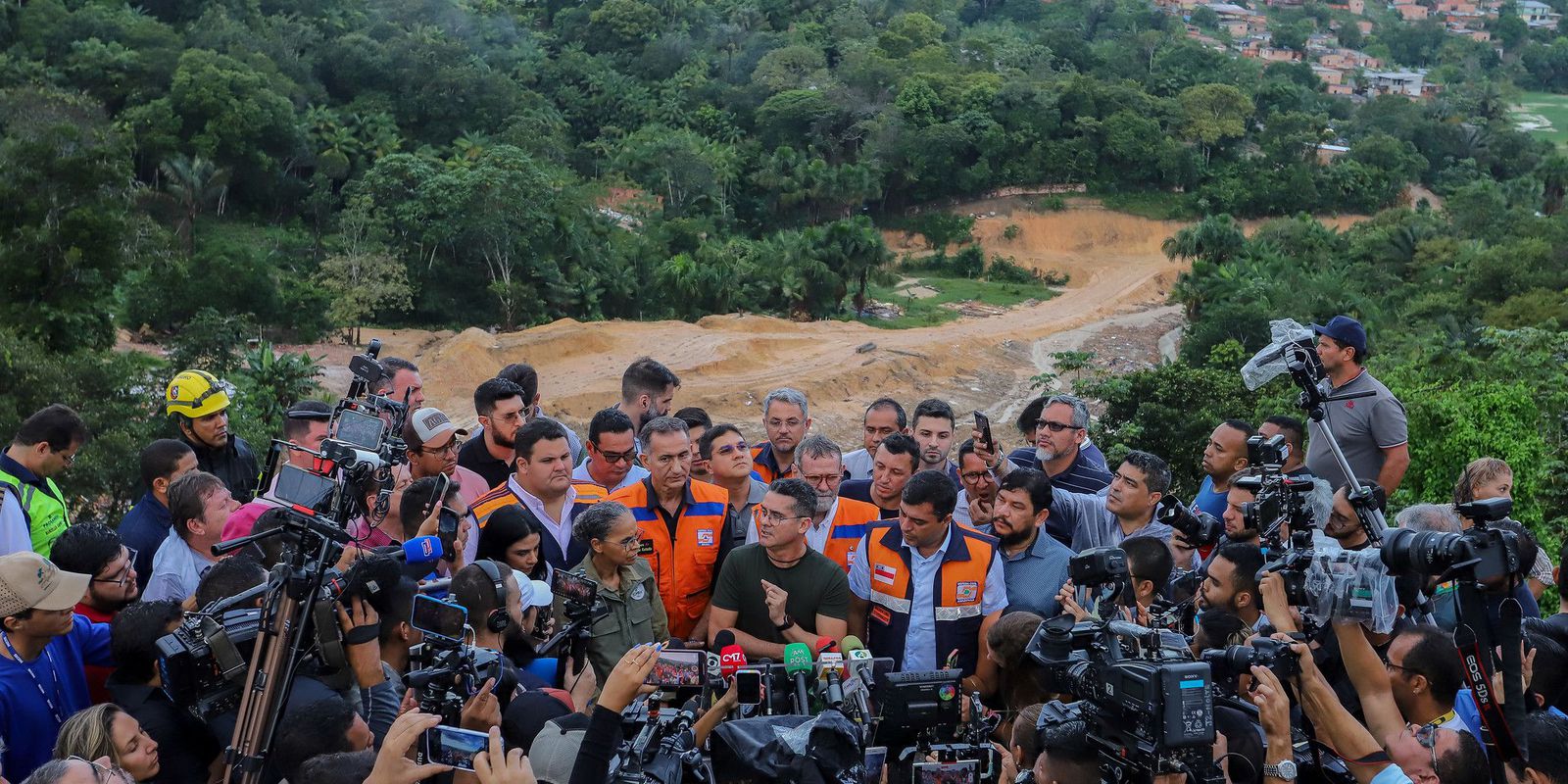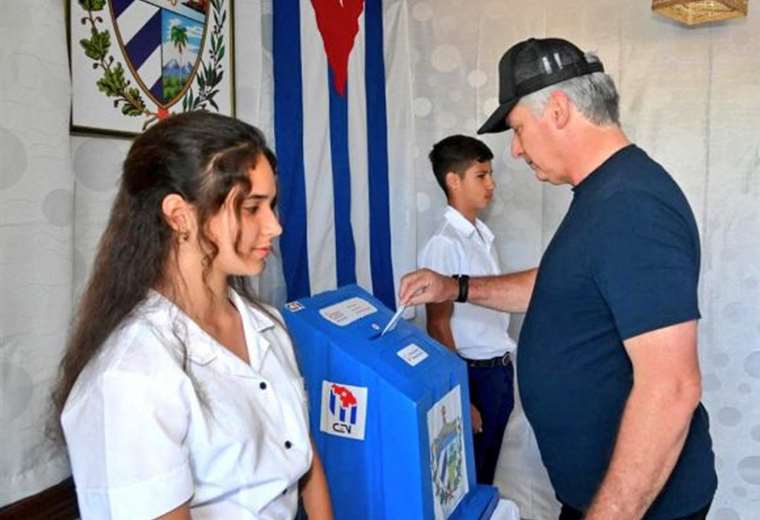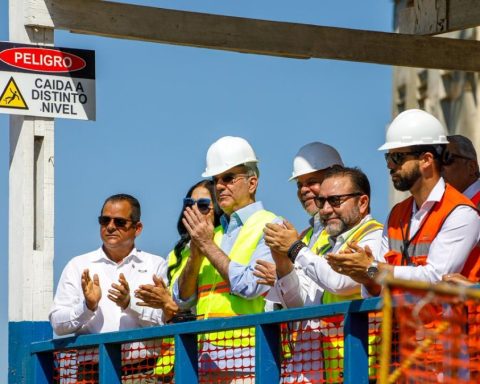The Minister of the Environment and Climate Change, Marina Silva, said today (26) that the government is internally debating the issue of a decree to recognize a state of climate emergency in 1,038 municipalities mapped as most vulnerable to the effects of climate change. 
“There is a suggestion that the government is debating to declare a state of permanent climate emergency in municipalities that are proven to be vulnerable, so that there is continued action”, said the minister when visiting areas affected by flooding in Manaus, this afternoon ( 26). In the capital of Amazonas, heavy rains this Saturday caused 172 families to lose their homes.
At a press conference, the minister said that science already allows predicting that extreme events, whether drought or heavy rain, should continue and that, in some cases, even the removal of populations from risk areas should be planned and executed.
According to Marina, this would be the objective of declaring a permanent emergency: to allow preventive works, such as soil studies, drainage and social assistance work, to be advanced. “In addition to the emergency situation, there are prevention projects, these are medium and long-term projects,” she explained. “We are living under the effect of climate change that is getting worse every day.”
Anticipating criticism about the lack of transparency in public spending that an emergency situation entails, by circumventing the Bidding Law, the minister suggested the creation of a permanent structure – with committees, monitoring teams and academics – to supervise the application of the public resources.
She stated that the population also needs to be clear about the actions needed to mitigate the emission of greenhouse gases and keep the planet’s temperature stable. “It’s an adaptation,” she said.
The statements were given alongside the Minister of Integration and Regional Development, Waldez Góes, and the mayor of Manaus, David Almeida, who thanked the federal government for their visit and quick help. The measure of decreeing a state of climate emergency had already been advanced by Marina Silva earlier, in Rio Branco.
Acre
On the morning of this Sunday (26), both ministers also visited Rio Brancowhere more than 32,000 people, in 48 districts of the capital of Acre, have been harmed so far by heavy rains and sudden floods of the Acre River and its seven main creeks, which began at the end of the week.
According to the government of Acre, around 1,050 people are homeless, with nowhere to go and being welcomed into shelters. Another 2,180 people were displaced – they had to leave their homes but have nowhere to go.
National Civil Defense technicians accompany the ministerial teams. According to Góes, the civil servants will act not only in actions to assist those in need, but also in the bureaucratic clearance necessary for the federal government to send resources to city halls.
“They will help municipal managers to fill out the forms for recognizing an emergency situation or a state of public calamity. And also to carry out work plans for requesting federal funds for humanitarian assistance, restoring public roads, bridges and even rebuilding the homes of people affected by the disaster,” said the minister.

















